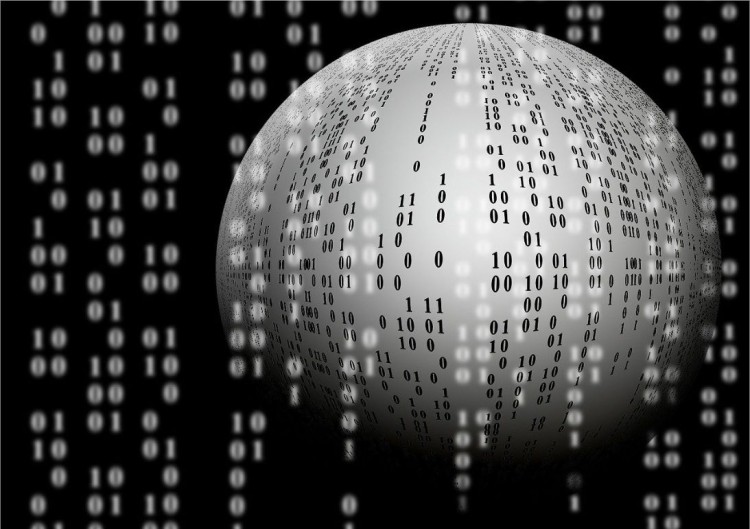Patenting Systems, Algorithms & Mathematical Processes - A Complete Guide

Algorithms and mathematical processes have become increasingly important, considering many systems rely on computer software to function.
Traditionally algorithms in mathematical processes and formulas were excluded from patent registration, but laws are catching up with technological advancements to provide protections for a wider scope of innovations.
This article provides a comprehensive guide to patenting systems algorithms and mathematical processes and can be a good read for you if you are in the software development industry or in any way involved in the development or implementation.
What Are Patents?
A patent is a type of intellectual property defined under IP laws. patents are the most effective way of securing your innovative ideas because you get exclusive rights to produce, distribute, and sell them for a limited period. In most jurisdictions, patent protections last 20 years from the date and inventor files for registration.
In Canada, patents are issued by the Canadian intellectual property office (CIPO), which also has the mandate of issuing other types of intellectual property such as trademarks, copyright 20 secrets, and industrial design protections. In the US, patent registrations are handled by the US Patents and trademarks office (USPTO while other countries will have different agencies as stipulated under their IP Laws.
Patent Eligibility Criteria
An idea must meet the eligibility criteria to qualify for patent registration. First, it must be novel, meaning it must not be made public before the date of applying for registration. It must also involve an inventive step or be non-obvious to a person skilled in its application.
The idea must have industrial applicability and be a patentable subject matter, meaning it doesn't fall under the category of unpatentable things such as laws of nature, abstract ideas, and mathematical concepts.
Patents for Algorithms and Mathematical Processes
Among the requirements for patent registration is that an idea be a patentable subject matter of which mathematical formulas are not putting into question the patentability of algorithms and mathematical processes. In the past, algorithms were not patentable since they fall under mathematical formulas meaning computer programs and software were only protectable through the copyright protections for the source codes used.
However, this changed in the late 1980s when USPTO issued new examination guidelines for patents allowing for the patenting of algorithms that are essentially mathematical processes or formulas as long as the idea meets two conditions, the algorithm or mathematical process is applied to physical elements or are part of a process of steps, and at the end product of the application of the algorithm should not be a pure number.
Other countries followed this precedence allowing computer programs and software developers to secure patents for their inventions.
The Patenting Process
The first step before applying for patent registration is conducting a comprehensive search to determine whether your idea is novel. Applying before searching could see your idea rejected on non-novelty grounds, meaning losing the processing fees. Also, you must determine whether the idea you want to register doesn't fall under an unpatentable category.
The law requires that a patent applicant prepares a detailed patent application. The details provided in the application must be such that another person skilled in the area of its application or creation can replicate it by following the details provided in the application.
This information becomes the tradeoff you make with the government in return for keeping your idea confidential. The government makes this information public after 20 years. If you are unsure what details to offer, it is best to work with an expert, for example, an IP lawyer.
Once you complete the application, you file it with the relevant authority for examination and approval. You may be required to clarify some aspects of your intervention or provide dictionary information at this stage. If your idea satisfies all requirements, you get a license that gives you exclusivity for 20 years from the date you file for registration.
Add new comment
- 189 views
